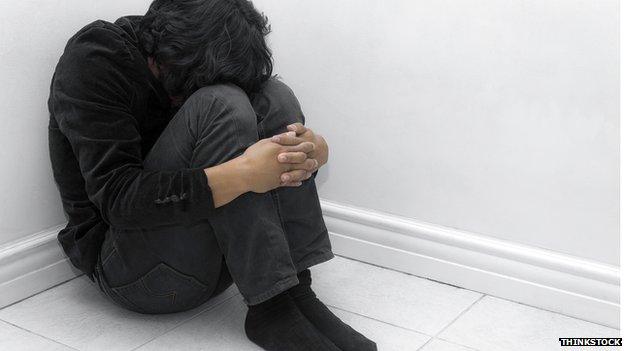NI hospitals see 28 self-harm cases daily
- Published
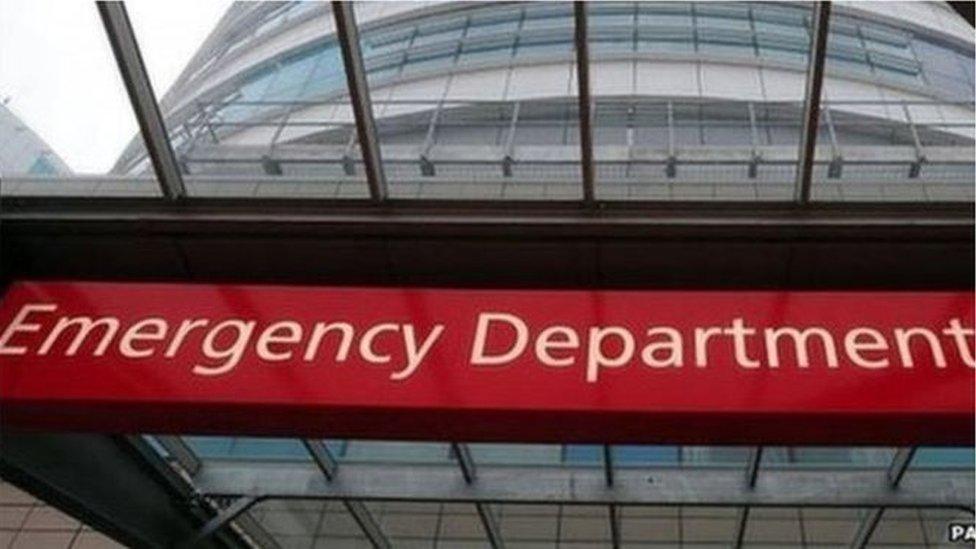
Northern Ireland's hospital emergency departments deal with, on average, 28 cases of self harm daily, figures show.
More than 50,000 cases have been dealt with in the past five years.
One trust area dealt with 15 incidents involving children under the age of 10. Annually, about 1,000 child cases are seen by emergency departments.
Dr Denise O'Hagan, of the Public Health Agency, said self-harm should always be taken seriously due to patients' severe emotional distress.
"Self-harm is when a person harms themselves through injury or poisoning and it can take many different forms," she said.
"It may be something which is kept hidden from others.
"For some people, self-harm is a way of coping with and communicating their distress, but for others it can be associated with a wish to end their lives."
Self-harm can include everything from punching or hitting, to cutting or burning.
The figures were released in response to a Freedom of Information request from BBC News NI to all five health trusts, and four of them covered the financial years from 2013 to 2018.
The Northern Trust provided data from September 2013 to August 2018.
The number of teenage girls self-harming in Northern Ireland jumped by 66% in five years, in keeping with trends in the rest of the UK which show that instances among young women almost doubled during the past two decades.
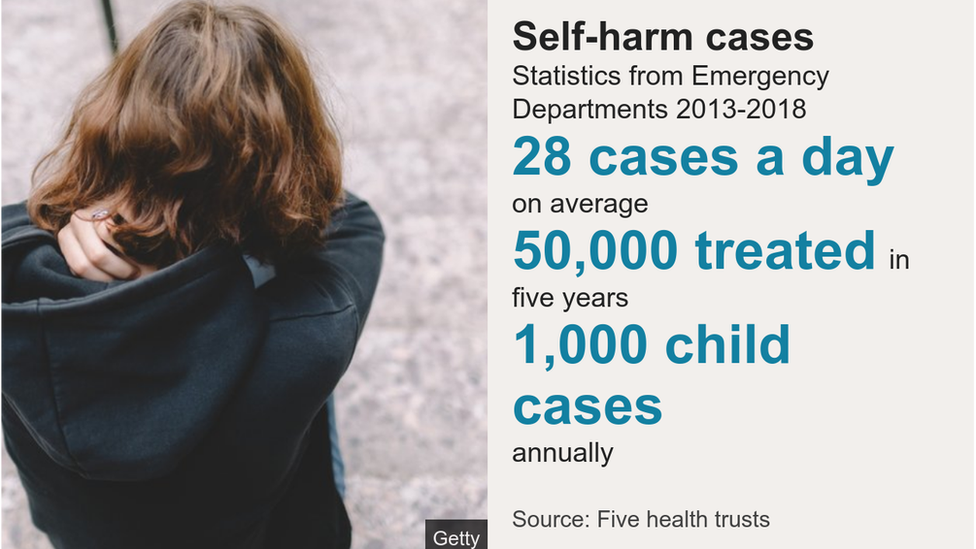
However, the overall figure for those presenting with self-harm injuries dropped by 15% on the previous five-year figure.
Where were the most incidents?
With almost 15,000 cases, the South-Eastern Trust had the highest number of self-harm reports.
At just over 5,000, the Northern Trust area had the lowest number of cases.
Girls aged 18 and under are almost twice as likely to self-harm as boys.
The Northern Trust dealt with 15 incidents involving under-10s, while there were 12 cases of people over 80.
In the Belfast and Western areas, there were larger numbers of women self-harming - the opposite was true within the Northern and South-Eastern trusts.
The Southern Health Trust did not provide a gender breakdown of the figures.

'I dreaded every session'

One patient, who wishes to be known as Sandra, told BBC News NI she began hurting herself at secondary school a decade ago as a "coping mechanism" following childhood sexual abuse.
"Initially my mum had supported me to contact the GP; I attended the GP who then referred me on to a mental health team," she said.
"I have been to so many counsellors in the past, I never felt like I was able to speak with them like I can now with my counsellor. In the past I felt like I was being judged.
"At the start, I dreaded every session as I knew that I would have to talk about things that were difficult, but now I don't think about it, I see it as a positive session."

What happens to patients?
But the government collapsed in early 2017, with no subsequent opportunity for MLAs to debate the issue.
The Department of Health said that when someone who has self-harmed attends an emergency department, he or she will be assessed by the mental health team and provided with the appropriate service either in the trust or through the community and voluntary sector.
There is a specialised programme that aims to provide an early intervention service for people who self-harm with a view to preventing serious physical harm and suicide attempts.
Mental health teams
But not all those who self-harm present to EDs. Some will go to their GP, some to community and voluntary sector groups, and others do not seek medical help.
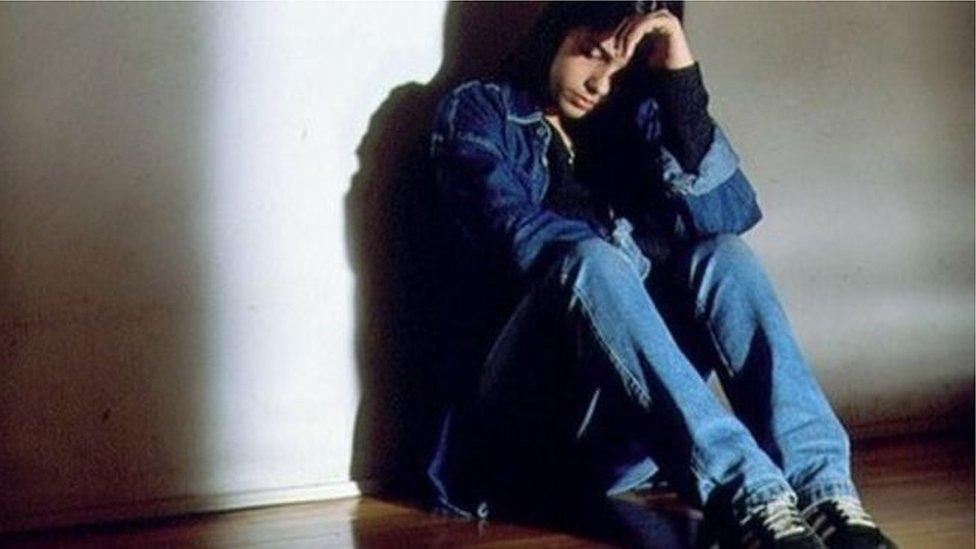
There were more than 700 referrals last year to the charity, Zest NI, which operates self-harm counselling services at clinics in five locations across the Western Trust area.
However, Conor McCafferty, the co-director of the charity, said last year it saw 125 people who came in off the street and had not been to an emergency department.
"Although the statistics are frightening, the important thing is that the services are there to support this population but we can't make the person come to us," he said.
Mr McCafferty said that there was an increased number of men coming forward for help, but noted that the instances of self-harming among young women remains "very high".
The Department of Health said it had been working towards an evaluation of the Bamford report regarding mental health provision in Northern Ireland, but the government had collapsed before it could get ministerial approval. It said it was developing a five-year plan for mental health in Northern Ireland.
Meanwhile, it said, the Public Health Agency continues to invest more than £8m a year to deliver suicide prevention and emotional health and wellbeing services.
Further information or support for those affected by self-harm can be founding by clicking here, or visit:
Lifeline, external or phone 0808 808 8000.
- Published29 August 2018

- Published23 May 2016
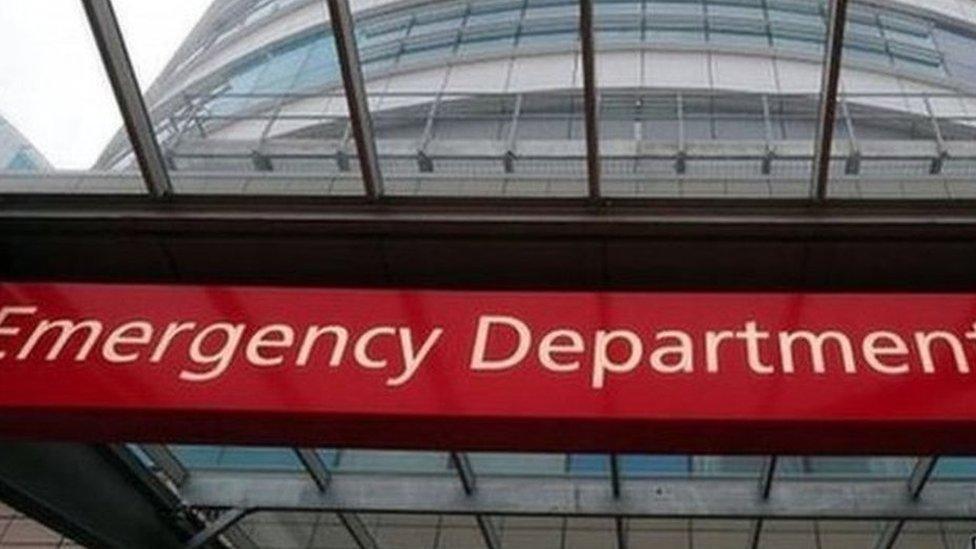
- Published13 March 2014
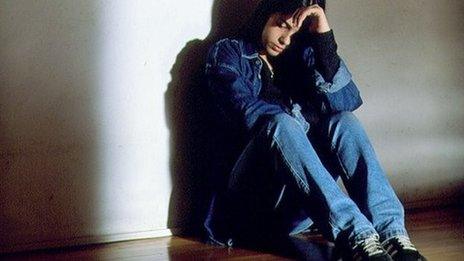
- Published13 March 2014
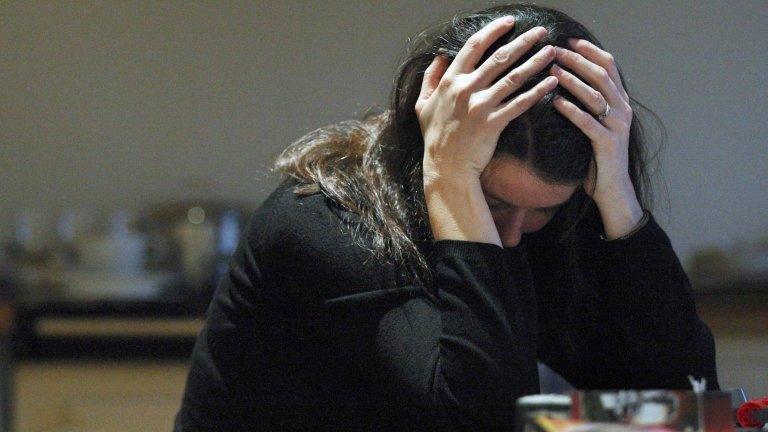
- Published27 February 2015
